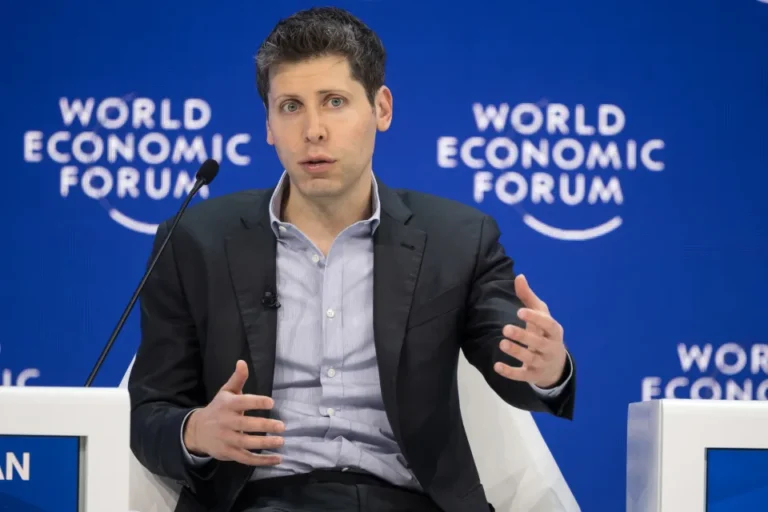It resembles the appointment of turkeys to the Christmas oversight committee.
According to The Wall Street Journal, Sam Altman, Chairman and Chief Executive Officer of OpenAI, Satya Nadella, Chief Executive Officer of Microsoft, and Sundar Pichai, Chief Executive Officer of Alphabet, have all joined the government’s Artificial Intelligence Safety and Security Board. In addition to them, Jensen Huang of Nvidia, Kathy Warden of Northrop Grumman, and Ed Bastian of Delta, along with other prominent figures in the technology and artificial intelligence industries, are also there. The artificial intelligence board will collaborate with the Department of Homeland Security and provide advice to it regarding the safe deployment of artificial intelligence within the key infrastructure of the country. They are also tasked with the responsibility of conceiving of recommendations for power grid operators, transportation service providers, and manufacturing plants regarding the ways in which they may defend their systems against any risks that could be brought about by advancements in technology.
In accordance with a comprehensive executive order that is centered on the regulation of the development of artificial intelligence, the Biden administration issued an order in the previous year to establish an AI safety board. On the website of the Department of Homeland Security, it was said that the board “includes AI experts from the private sector and government that advise the Secretary and the critical infrastructure community.” The Secretary of Homeland Security, Alejandro Mayorkas, stated in an interview with the Journal that the application of artificial intelligence (AI) in critical infrastructure has the potential to significantly enhance services. For instance, it can expedite the diagnosis of illnesses or detect anomalies in power plants. However, it is important to note that these applications come with a significant risk, which the agency hopes to mitigate with the assistance of this board.
However, one cannot help but wonder whether these leaders in the field of artificial intelligence technology are able to offer advice that is not simply intended to benefit themselves and their respective organizations. While the board’s primary responsibility is to guarantee that critical infrastructure systems are employing artificial intelligence in a responsible manner, their work focuses on advancing artificial intelligence technology and advocating their adoption. In spite of this, Mayorkas appears to be optimistic that they will carry out their duties in an appropriate manner. He stated to the Journal that the representatives of the IT industry “understand the mission of this board,” and that it is “not a mission that is about business development.”

